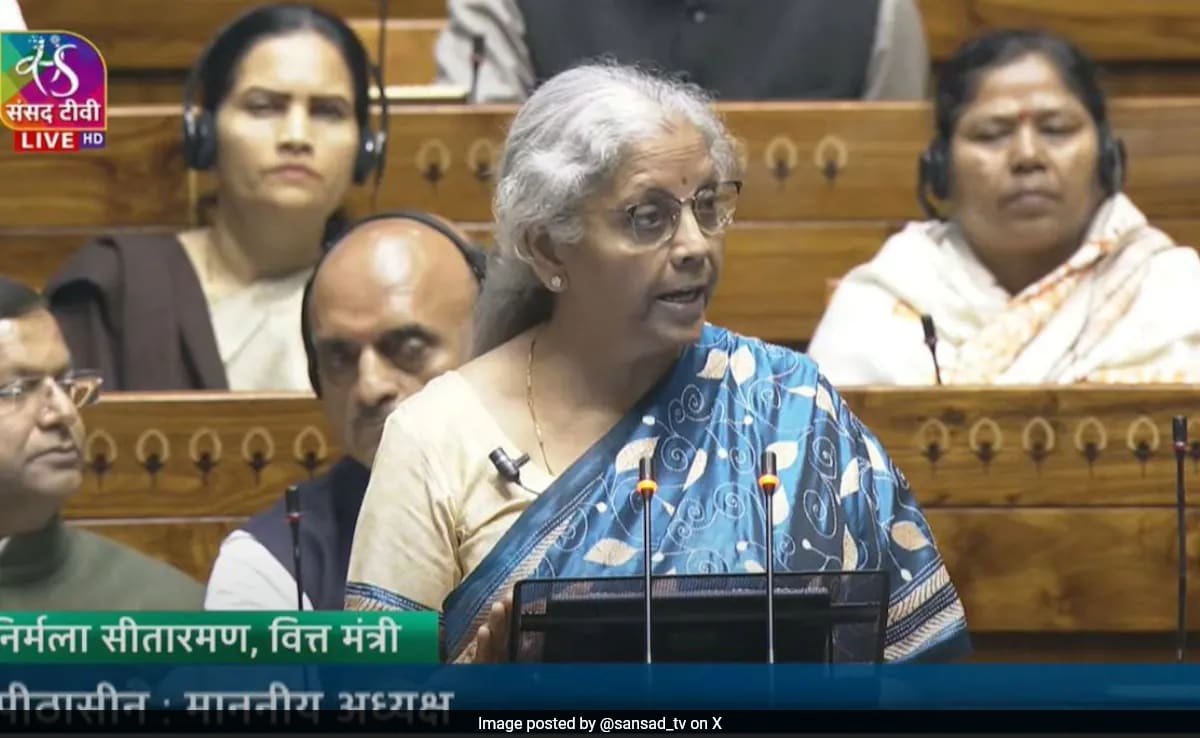
New Delhi:
Finance Minister Nirmala Sitharaman tabled the Economic Survey 2023/24 in Parliament Monday, a day before she will present a record seventh union budget, and described the Indian economy as being on a “strong wicket and stable footing” and resilient in the face of geopolitical challenges.
“The Indian economy is on a strong wicket and stable footing (and) demonstrating resilience in the face of geopolitical challenges. The economy has consolidated post-Covid recovery with policymakers – fiscal and monetary – ensuring economic and financial stability…” the report said.
Ms Sitharaman pointed out FY24 growth is an estimated 8.2 per cent with the economy crossing the eight per cent mark in three of four quarters, and said she expects momentum built over FY23 and FY24 to be carried into FY25, which is expected to see growth between 6.5 and 7 per cent.
Headline inflation – which the Reserve Bank expects at 4.5 per cent in FY25 and 4.1 per cent the following year – is “under control”. The inflation rate of some food items, however, had elevated.
Food inflation, which was 6.6 per cent in FY23, increased to 7.5 per cent in FY24, the report said.
The increase was blamed on unfavourable weather conditions that restricted production. And the farmers faced challenges due to extreme weather events and depleted reservoirs, the report said.
Retail inflation, which averaged 6.7 per cent in FY23, was brought down to 5.4 per cent in FY24 as a result of the government’s “timely policy interventions and the RBI’s price stability measures”.
This is the lowest level since the pandemic, the Economic Survey noted.
But “change is the only constant for a country with high growth aspirations…” the Economic Survey also said, noting that for this high-recovery phase to be sustained “there has to be heavy lifting on the domestic front…” because a tricky global environment had made it difficult to reach agreements on key issues, including trade, investment, and climate change.



